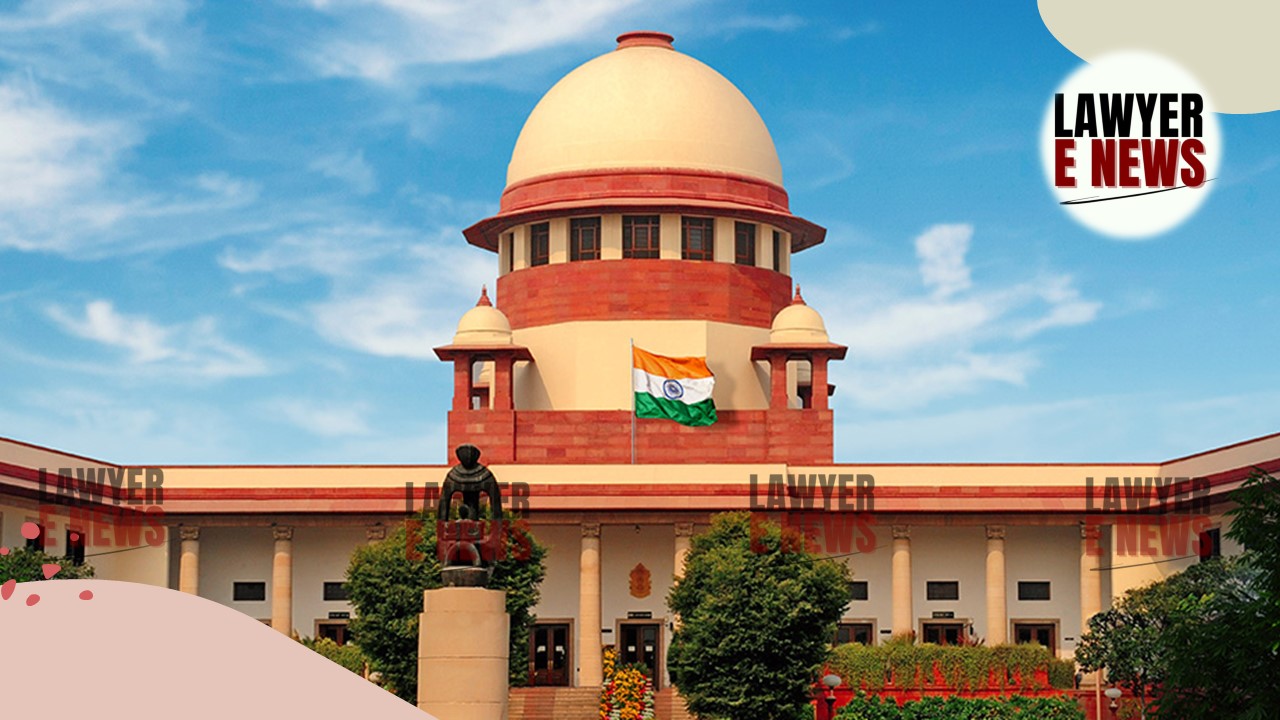-
by Admin
15 February 2026 5:35 AM



Local Authorities Directed to Implement NEERI Recommendations to Mitigate Odor and Environmental Concerns. On September 12, 2024, the Supreme Court of India quashed an order by the National Green Tribunal (NGT) directing the closure of a Garbage Processing Plant (GPP) in Baner, Pune. In Pune Municipal Corporation v. Sus Road Baner Vikas Manch, the Court held that the NGT erred in applying the 2016 Solid Waste Management Rules to a plant established under the 2000 Rules. Additionally, the Court highlighted the public interest in keeping the plant operational, rejecting objections raised by local residents about environmental nuisances.
The case arose from a dispute between the Pune Municipal Corporation (PMC), Noble Exchange Environment Solution LLP (the plant operator), and a local residents' group, Sus Road Baner Vikas Manch. The dispute centered around the Baner GPP, which was set up under a 30-year concession agreement between PMC and Noble Exchange in 2015. The plant processes organic waste from several regions in Pune and generates biogas used for public transportation.
Despite receiving the required environmental clearance and authorization, the residents' group filed a case before the NGT in 2019, claiming the plant caused environmental hazards, including foul odors, and demanded its closure.
The main point of contention was whether the GPP should be regulated under the 2000 Rules, which were in force when the plant was established, or the 2016 Rules, which came into effect after the plant became operational.
The residents argued that the plant violated statutory environmental norms, particularly buffer zones meant to protect residential areas from waste processing sites.
The PMC and Noble Exchange contended that shutting down the plant would have a severe negative impact on the city's waste management system, which would far outweigh the residents' grievances.
The Court ruled that the NGT had wrongly applied the 2016 Rules to the GPP, which was established before the new regulations came into effect. As per legal precedent, the plant’s operations were governed by the earlier 2000 Rules, and any obligations under the 2016 Rules could not be imposed retrospectively.
The Court stated: "The application for authorization, grant of clearance, and establishment of the GPP all took place before the 2016 Rules came into force. Therefore, the NGT's reliance on the 2016 Rules was a grave error" (Para 34-35).
Addressing the buffer zone issue, the Court clarified that the 500-meter buffer zone requirement applied only to landfill sites, not to waste processing plants like the one in Baner. Furthermore, the Court found that the plot had been reserved for a GPP as far back as 2002, and the residential projects were constructed much later.
The Court emphasized that public interest must prevail over localized objections. It referenced a previous judgment to highlight that such protests are often motivated by a desire to shift environmental burdens away from one’s immediate surroundings. The judgment stated:
"The approach of the respondents seems to be that such a facility could exist anywhere but in their backyard. This attitude cannot be allowed to derail projects of public importance" (Para 45-46).
While overturning the closure order, the Supreme Court directed the PMC and Noble Exchange to take specific steps to address the environmental concerns raised by residents. These included installing odor control systems, covering waste materials to prevent foul smells, constructing roads, and ensuring better waste handling practices.
The Court directed: "All the recommendations made by the National Engineering and Environment Research Institute (NEERI) must be implemented to ensure that the local residents are not subjected to foul odor or environmental harm" (Para 50).
The Supreme Court set aside the NGT’s orders, emphasizing that the Baner GPP was crucial for Pune's waste management and aligned with environmental protection standards in place when it was established. The Court’s ruling ensures the continued operation of the plant, while mandating strict compliance with environmental safeguards to protect the interests of nearby residents.
Date of Decision: September 12, 2024
Pune Municipal Corporation v. Sus Road Baner Vikas Manch
